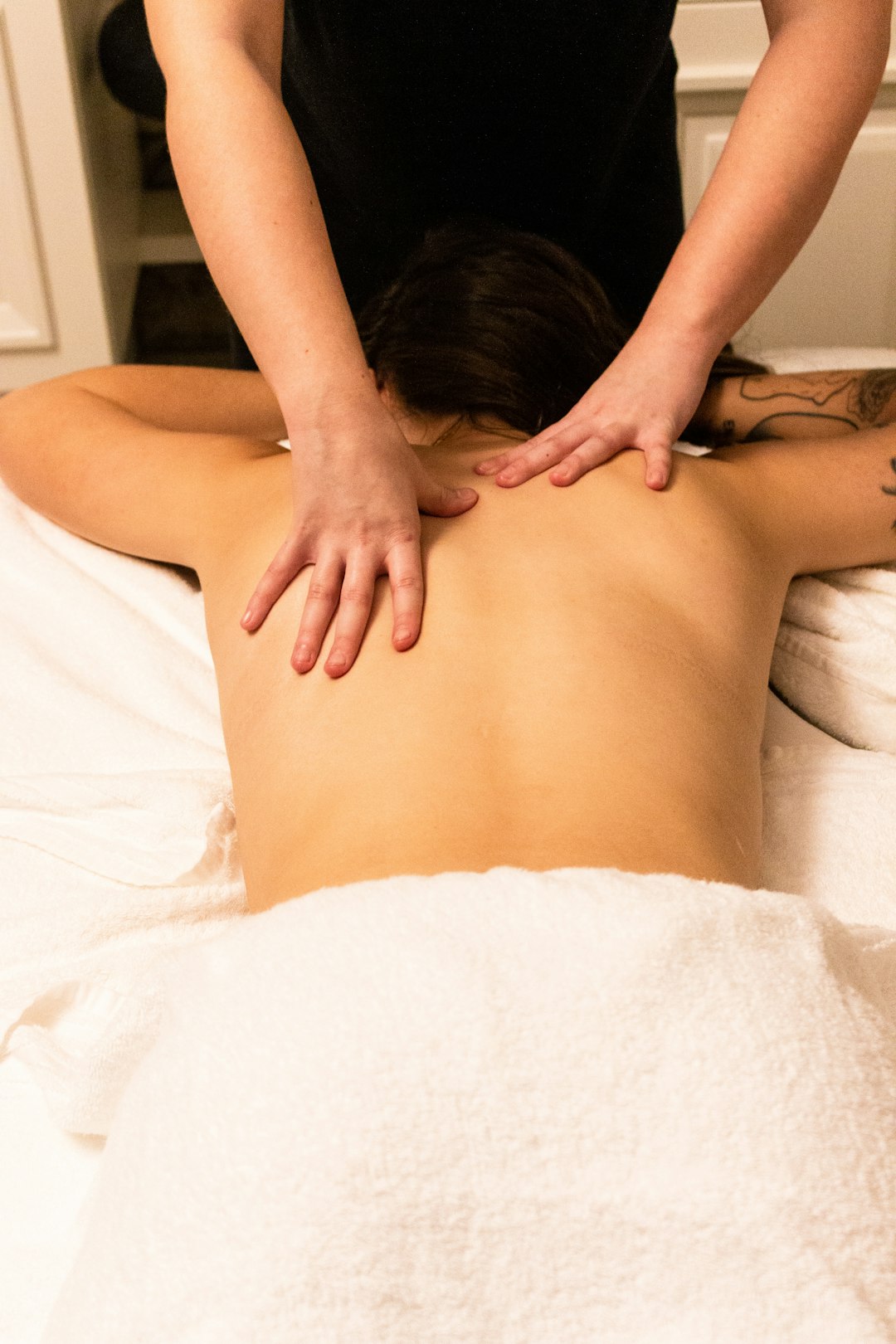Massage therapists in New Jersey require Professional Liability Insurance (Errors and Omissions) to protect against claims of negligence or malpractice, including client injuries, misdiagnosis, and allegations of massage abuse or sexual assault. This robust insurance is vital for risk mitigation and business continuity. In case of complex issues like massage abuse lawsuits, engaging specialized lawyers or law firms in New Jersey becomes crucial. Top-tier massage abuse attorneys and law firms provide comprehensive support, leveraging their expertise in state laws and regulations related to massage therapy practices. Key terms: massage abuse lawyer New Jersey, massage abuse attorney New Jersey, etc.
In the intimate setting of a massage therapy practice, professionals in New Jersey face unique risks, including potential claims of malpractice, negligence, and even sexual assault. Protecting yourself and your clients is paramount, and that’s where Professional Liability Insurance comes in. This article guides New Jersey massage therapists through understanding their coverage needs, navigating common risks, and selecting the right insurance provider to safeguard against legal repercussions, such as those involving massage abuse lawsuits, with the help of a qualified massage abuse lawyer or attorney.
Understanding Professional Liability Insurance for Massage Therapists in New Jersey
In New Jersey, massage therapists face unique risks that require specific insurance coverage to protect their practice and clients. Professional Liability Insurance, often called Errors and Omissions (E&O) coverage, is crucial for therapists as it shields them from potential claims of negligence or malpractice. These claims can arise from various situations, including client injuries, misdiagnosis, or even allegations of massage abuse or sexual assault. Given the sensitive nature of the profession, having robust E&O insurance is essential to mitigate financial risks and ensure business continuity.
For New Jersey massage therapists facing complex legal issues like massage abuse lawsuits, engaging a specialized lawyer or law firm becomes imperative. Massage abuse lawyers in New Jersey are equipped to navigate these delicate cases, providing expertise in both legal defense and advocacy for victims. Top-tier massage abuse attorneys and law firms offer comprehensive support, from initial consultations to court representation, using their knowledge of state laws and regulations related to massage therapy practices.
The Importance of Protecting Your Practice and Clients
In the intimate setting of a massage therapy practice, professionals must be vigilant to protect both their clients and their business from potential risks and liabilities, especially those related to massage abuse and sexual assault. These sensitive cases can have profound legal implications for therapists in New Jersey. With the proper knowledge and safeguards, therapists can ensure they are meeting their professional standards while mitigating any legal exposure.
Having Professional Liability Insurance, also known as malpractice insurance, is a crucial step towards protecting your practice and clients from financial loss or legal repercussions arising from accidents, injuries, or lawsuits. In New Jersey, where massage abuse lawyers and attorneys are readily available to represent both parties in such cases, having this coverage can significantly aid therapists facing unexpected allegations. It not only provides legal defense costs but also helps meet any financial judgments that may be awarded. Consider it as a shield against potential massage sexual assault claims and the associated legal battles, ensuring peace of mind for both therapist and client.
Common Risks and Claims Faced by Massage Therapists
Massage therapists, despite their role in promoting relaxation and healing, are not immune to various risks and potential claims. In a profession that involves intimate contact with clients, there are unique challenges, especially regarding client safety and consent. Common risks include allegations of sexual misconduct, including assault, harassment, or inappropriate touching. These situations can arise from miscommunication, misunderstanding, or intentional abuse, leading to severe legal consequences for therapists.
Additionally, massage therapists may face claims related to negligence, such as causing physical harm during a session due to incorrect techniques or inadequate training. Client injuries, especially if they result in long-term disabilities or chronic pain, can lead to costly lawsuits. Furthermore, issues like professional malpractice, where a therapist fails to adhere to accepted industry standards, can also trigger legal action. Having Professional Liability Insurance tailored for massage therapists in New Jersey is crucial, as it provides financial protection against these potential risks and claims, offering peace of mind and ensuring access to legal resources should any incidents occur, including those involving massage abuse lawyer or massage sexual assault lawyers in New Jersey.
Choosing the Right Insurance Provider and Coverage Options
Choosing the right insurance provider for professional liability is crucial for New Jersey massage therapists. It’s essential to select a company with experience insuring healthcare professionals and a solid reputation in handling claims related to massage abuse, sexual assault, or other forms of misconduct. Look for providers that offer comprehensive coverage tailored to the unique risks faced by massage therapists, including errors and omissions, personal and professional liability, and defense costs.
In New Jersey, where cases of massage abuse and sexual assault have gained attention, having adequate insurance protection is not just advisable but necessary. Consider working with a reputable law firm specializing in these matters to assess coverage options. Engaging a massage abuse lawyer or attorney from a trusted New Jersey law firm can help you navigate the complex landscape of insurance policies and ensure you’re protected against potential claims, including those that may arise from allegations of misconduct.






